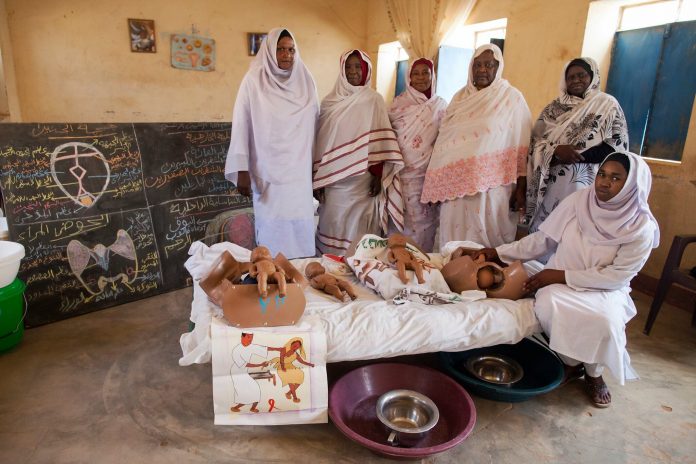Parliament adopted on Wednesday a resolution urging the EU to come up with a strategy and concrete measures to eradicate female genital mutilation.
In a resolution adopted by 612 votes in favour, 7 against and 32 abstentions, MEPs call on the Commission to ensure that the upcoming Gender Equality Strategy, to be presented in early March, includes actions to end female genital mutilation (FGM) and provide care for survivors, robust commitments, clear indicators, regular reporting and a strong monitoring mechanism.
Parliament calls on member states to urgently ratify the Istanbul Convention and urges the Council and the Commission to ensure its full integration into the EU legislative framework to ensure the prevention of FGM, the protection of women, the prosecution of offenders and adequate provision of services in response to FGM.
Furthermore, MEPs urge the Commission and member states to ensure that EU funding goes to projects aimed at training and awareness-raising campaigns for professionals on how to prevent, detect and respond to cases of FGM. They also call on them, as well as on the EEAS, to step up cooperation with non-EU countries in order to encourage them to adopt national laws banning FGM.
Rising concern over the ‘‘medicalisation’’ of FGM
MEPs are worried about the increasingly widespread phenomenon of the ‘‘medicalisation’’ of FGM in some countries (even those in which FGM is illegal) and the growing involvement of health professionals in this practice. They invite the countries concerned to explicitly outlaw medicalisation, while raising awareness among medical staff of its harmful effects by providing information and training, as well as adequate supervision and enforcement.
According to the World Health Organisation, FGM is a global issue affecting at least 200 million women and girls around the world. In Europe, the latest national data available estimate that around 600,000 women and girls are living with the lifelong consequences of FGM, and that a further 180,000 girls are at high risk of FGM every year.
FGM comprises all procedures that involve partial or total removal of the external female genitalia, or other injury to the female genital organs for non-medical reasons. It is recognised internationally as a violation of the human rights of girls and women.

